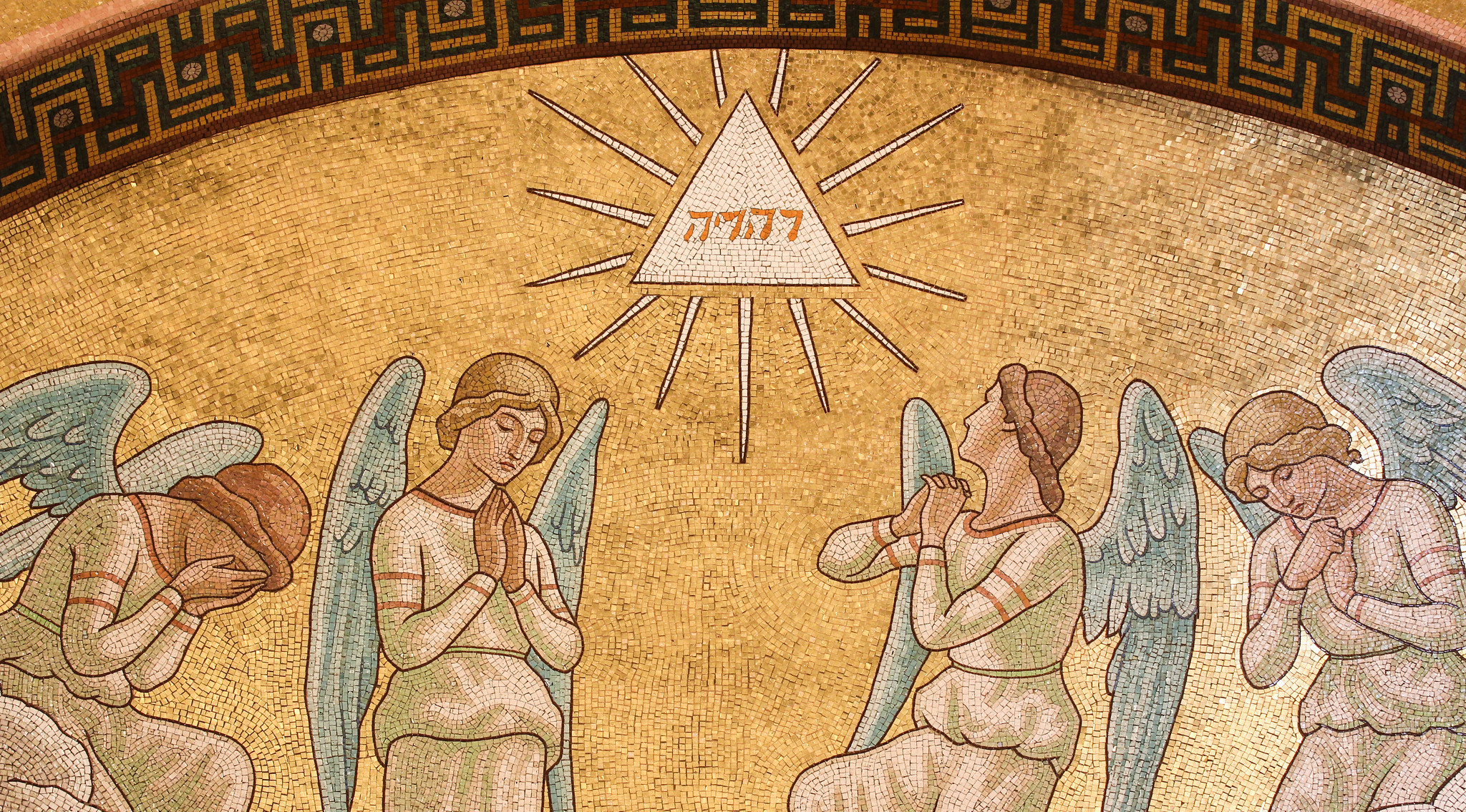“I am the Lord.”
This simple and direct phrase is repeated well over a hundred times throughout the Old Testament. We can easily dismiss this repetition merely as a part of the writing style in the Bible: God simply introducing himself to Abraham, Jacob, Moses, or anyone else. But if these instances are only introductions, they seem to be the introductions of a long separated friend, nearly forgotten. For when God uses this phrase, he also reminds Abraham: “I am the Lord who brought you out from Ur of the Chaldeans” (Gen 15:7). He tells Jacob: “I am the Lord, the God of Abraham your father and the God of Isaac” (Gen 28:13). And he says to Moses: “I am the Lord. I appeared to Abraham, to Isaac, and to Jacob, as God Almighty” (Exod 6:2–3).
If these are only introductions, God seems to have some insecurities about his identity—e.g., when he says to Moses again and again in that same place, “I am the Lord” (Exod 6). And this is more obvious in Leviticus where, when describing the law, God repeats verse after verse, “I am the Lord . . . I am the Lord” (Lev 19). Indeed, this repetition seems to reflect some great insecurities about identity on God’s part, as though he is afraid we will not remember him.
And these insecurities are true, but not for God—they are true for us. They are our insecurities, but God is unchanging. “In the beginning was the Word, and the Word was with God, and the Word was God. He was in the beginning with God; all things were made through him, and without him was not anything made that was made” (John 1:1–3). His identity, “I am the Lord,” is stable and enduring. But today, the world seems to think our identities can change with the seasons as we say, “Now I am this; now I am that.” There may be some truth to this inconstancy. Indeed we are changing and fickle, but does our perception of our identity change our identity? No, for our Creator himself says, “Fear not, for I have redeemed you; I have called you by name, you are mine . . . for I am the Lord . . . because you are precious in my eyes, and honored, and I love you” (Isa 43:1–4).
Our identity is clear. We are precious, we are honored, and we are loved, because God is the Lord. This constant refrain “I am the Lord” is not because God’s identity is in doubt, but because we doubt our own identities. We place our identity in changing things, pretending that they will give us stability. But what happens when those changing things are crushed? At least one thing never changes: “I am the Lord.” God certainly makes himself known in this phrase, but this introduction is repeated again and again for our own sakes. “I am the Lord.” On our own, we do not know who we really are. “I am the Lord.” Our identity and our existence belong to God: “we are the Lord’s” (Rom 14:8). This does not constrain us in our identity as though we were robotic slaves. Rather, we have an identity in God that is free to flourish. The Lord is with us, and that makes all the difference.
✠
Photo by Fr. Lawrence Lew, O.P. (used with permission)







